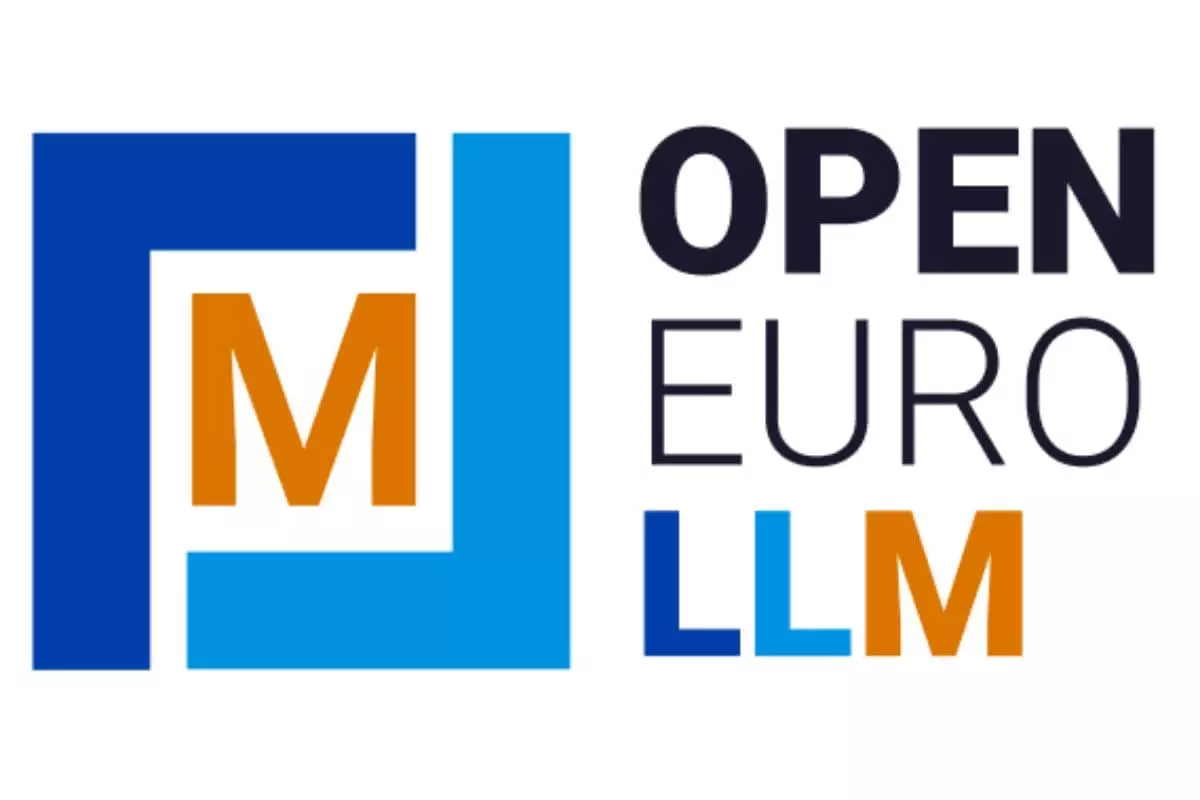The OpenEuroLLM Project, a groundbreaking initiative backed by the European Commission, has emerged as a key player in the development of open-source artificial intelligence (AI) models within Europe. Announced recently, the project’s vision is to create a suite of robust multilingual large language models (LLMs) that ingeniously cater to the linguistic diversity of all EU member states. Recognized by the Strategic Technologies for Europe Platform (STEP) Seal, OpenEuroLLM is branded as a crucial technological endeavor, garnering attention and support in the rapidly evolving digital landscape.
The initiative is not a solo venture; it is a collaborative effort involving a consortium of 20 prominent European research institutions, tech companies, and EuroHPC centres. The project is coordinated by Jan Hajič from Charles University in the Czech Republic, with co-leadership from Peter Sarlin, the Co-Founder and CVP at AMD Silo AI. This strategic partnership showcases the collective commitment of Europe’s academic and industrial sectors to advance AI technologies. By aligning diverse expertise and resources, the project is set to accelerate the development of multilingual AI models that hold the potential to revolutionize sectors ranging from commerce to public service.
One of the defining features of the OpenEuroLLM Project is its commitment to transparency and compliance with the European Union’s stringent regulatory frameworks. In an era where AI ethics and governance are pivotal, this initiative promises to operate under strict guidelines regarding data management and procurement. By making the models open-source, the project aims to invite scrutiny and encourage collaboration across various fields, ensuring that the benefits of AI are accessible to a broader audience. Moreover, the inclusion of detailed documentation, training, and evaluation metrics will enable users to fine-tune the AI models to meet specific needs, enhancing their applicability across diverse industries.
The potential impact of the OpenEuroLLM Project extends far beyond mere technological advancement. By democratizing access to high-quality AI resources, the project is well-positioned to enhance the competitive edge of European companies in the global market. Public organizations, too, stand to benefit significantly, as the project promises to provide tools that can assist in delivering impactful public services. This initiative aligns seamlessly with the EU’s broader objectives of fostering innovation and ensuring the accessibility of advanced technologies, thus fortifying the region’s stance as a leader in the AI landscape.
While the OpenEuroLLM Project has sparked considerable excitement, details regarding its roadmap and release timelines remain scant. However, ongoing financing under the Digital Europe Programme hints at the project’s robust support network, poised to attract further investment in the near future. As the world watches, the OpenEuroLLM Project could potentially serve as a blueprint for future AI endeavors, setting a precedent for ethical AI development and multilingual capabilities in a globally distributed marketplace.
With its innovative approach and commitment to transparency, the OpenEuroLLM Project stands as a beacon of progress in the realm of artificial intelligence, promising to redefine how we approach language and technology across Europe.

